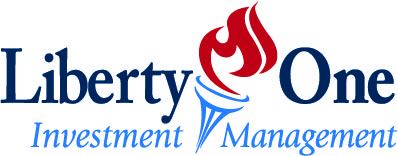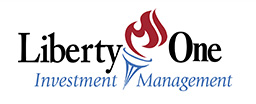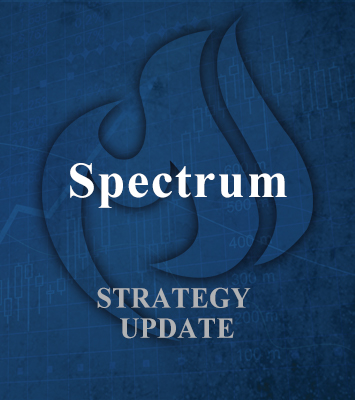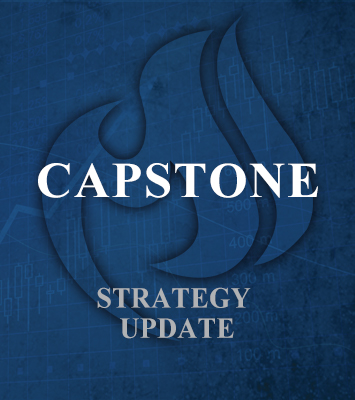Replacing General Electric with Honeywell International
General Electric has been a focal point of discussion within our investment committee for more than three years and certainly a controversial holding within the investing public. Our initial thesis placed heavy emphasis on their crown-jewel aviation division that helped bolster free cash flow and firm-wide operating metrics while supporting its other struggling divisions to turnaround were impacted from the nature of the current economic recession. Its already less than stellar financial position coming into this recession exacerbated the situation and created a much more challenging environment for the company to navigate in. Steps taken to shore up their balance sheet could also ultimately adversely impact its future earnings prospects. Despite the decision to sell GE, our investment committee remains optimistic on the long-term health of the aviation industry. A rising global middle class along with greater e-commerce adoption provide a strong support for the industry going forward.
An investment in Honeywell still provides the portfolio with Commercial Aerospace exposure but offers more optionality in its other line of businesses such as industrial automation, applied chemicals and materials, defense, and industrial IoT etc. This optionality positions Honeywell favorably in a potential age of the next industrial technological revolution. The company has also been focused on divesting its lower margin businesses to free up resources to reinvest back into the future divisions of the company. Honeywell also holds a stronger financial position than GE across its leverage, profitability, and coverage ratios.
Replacing Exxon Mobil with NextEra Energy
The recent rout and volatility in oil prices have highlighted business model vulnerabilities throughout the energy industry, punishing the stock prices of many companies, including large integrated oil companies like Exxon. Although oil is still the main source of energy generation in the world, its leadership and prowess has been challenged with the steep decline in the cost and greater innovation in alternative energy. The long-term performance of the Energy sector has been underwhelming throughout the most recent bull market, further highlighting the difficulties in generating a strong return on capital for the most widely used commodity. Although Exxon exhibits strong economic moats within the industry primarily through its costs advantages, the move away from reliance of oil by governments, consumers, and corporations alike continues to pressure the value of XOM’s energy assets.
Recently, Exxon also tapped the bond market to raise cash for its $14bn dividend payout. Although positive for Exxon in its ability to raise the necessary cash for its dividend, we view the act of borrowing to pay for dividends questions the sustainability and safety of the dividend, further altering our investment thesis in the company.
In our view, NextEra Energy is a strong replacement for Exxon Mobil. Being the largest utility provider in Florida and owning some of the most desirable wind and solar energy assets in the United States, NEE is well positioned to capture future growth in its fast-growing renewable energy business while collecting steady revenue streams from a friendly regulatory environment in Florida. Florida is also seeing strong population growth which is expected to continue as residents and corporations are leaving higher tax states due to capped SALT deductions among many other reasons. This could potentially lead to higher energy consumption in the state which further benefits NextEra Energy.
Replacing VEREIT with Duke Realty
Although many uncertainties continue to linger about how consumers and businesses will leverage their real estate footprint post-coronavirus, the current pandemic has introduced newly appreciated risks in retail and office real estate. VEREIT operates and owns commercial properties across the United States and are concentrated in the vulnerable sectors of retail, office, and restaurants. These sectors comprise 85% of its total portfolio. Adjusted funds from operations were less than stellar coming into the crisis and the free fall in economic activity rendered more uncertainties regarding rent payments and the REIT’s resulting cash flows. As a result, VEREIT recently cut its dividend by 44% to shore up additional cash flow.
In light of recent events, we replaced VER with Duke Realty (DRE) to upgrade the quality of our REIT holdings and de-risking some of the uncertainties revolving around VEREIT exposures. DRE operates in the industrial sector of real estate which continues to experience strong demand resulting from favorable e-commerce activity and relocation of supply chains due to global trade tensions. The resiliency of DRE’s business model can be highlighted in its ability to collect over 95% of rent payments during the height of the pandemic. This coupled with strong future growth potential driven by their large pipeline of construction projects make DRE an attractive replacement. Current payout ratio is also reasonable which provides greater margin of the safety for the dividend.
Summary
In summary, Liberty One is taking a prudent but thoughtful approach in navigating our individual equity positions and will continue to remain fluid to adjust to new developments and environments. We remain largely favored towards high quality, fundamentally sound companies whose financial prowess and growth potential are going to help in uncertain business conditions.
If you have any questions about these or any changes in your Liberty One portfolio(s), potential tax implications, or would simply like to learn more, please contact your financial advisor.
Thank you for your continued trust and confidence!




